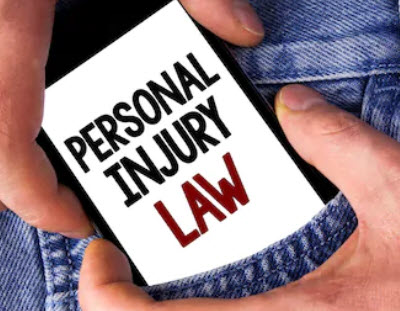How Can Maryland’s Contributory Negligence Rule Affect My Claim?

If you have recently suffered an injury due to another person’s negligence in Maryland, you may be feeling overwhelmed and unsure of what your options are. Accidents, such as vehicle collisions, fall, or injuries on other people’s property can cause lasting injuries and tens or even hundreds of thousands of dollars in damages. This is a huge weight for a person or family to bear, particularly when the harm was caused by another person’s negligence and should have been entirely avoidable. It’s important to know what your options are and whether it’s possible to hold the negligent party accountable. Most people don’t know until they have suffered a serious injury that Maryland is a contributory negligence state. They can be shocked and upset to learn that the pure contributory negligence rule applied in Maryland (and only three other states, plus the District of Columbia) can be a significant barrier to recovery.
Comparative Negligence Versus Contributory Negligence
Most states apply a comparative negligence rule, where each person’s contributions to an accident are assessed. In a comparative negligence state, a person who is found to be partially negligent in causing their own injury can still collect damages, they will simply be reduced by the same percentage by which they were found to have been negligent. For instance, if Driver A is found 10% negligent and Driver B is found 90% negligent and Driver A is awarded $10,000 in damages, Driver A will receive $9,000 in damages ($10,000 – 10%). In a comparative negligence state, a person can collect damages as long as they are not the primarily responsible party (i.e. provided they are less than 50% responsible for causing their own harm).
Maryland is not a comparative negligence state. Rather, Maryland is one of only a handful of states that applies a pure contributory negligence rule. D.C. applies contributory negligence generally, but not for pedestrian accidents; for those, it applies modified comparative negligence. Under the contributory negligence rule, if someone contributed to causing their injury or their own harm in any way, they cannot collect any damages at all. Using the same example as above, if Driver A was found 10% liable and Driver B was found 90% liable, Driver A would not have standing to bring a claim in a pure contributory negligence state, because they contributed to causing the accident, albeit, to a much lesser degree than Driver B.
Talk to a Maryland Personal Injury Attorney
If you’ve suffered a serious injury due to the negligence of another person or company, the best thing you can do is talk to an experienced personal injury attorney as soon as possible. The Maryland personal injury attorneys at Berman | Sobin | Gross LLP can assess the unique facts and circumstances of your case and determine the best possible course of action moving forward to get you the compensation and support that you need. Contact us today to schedule a free consultation.
